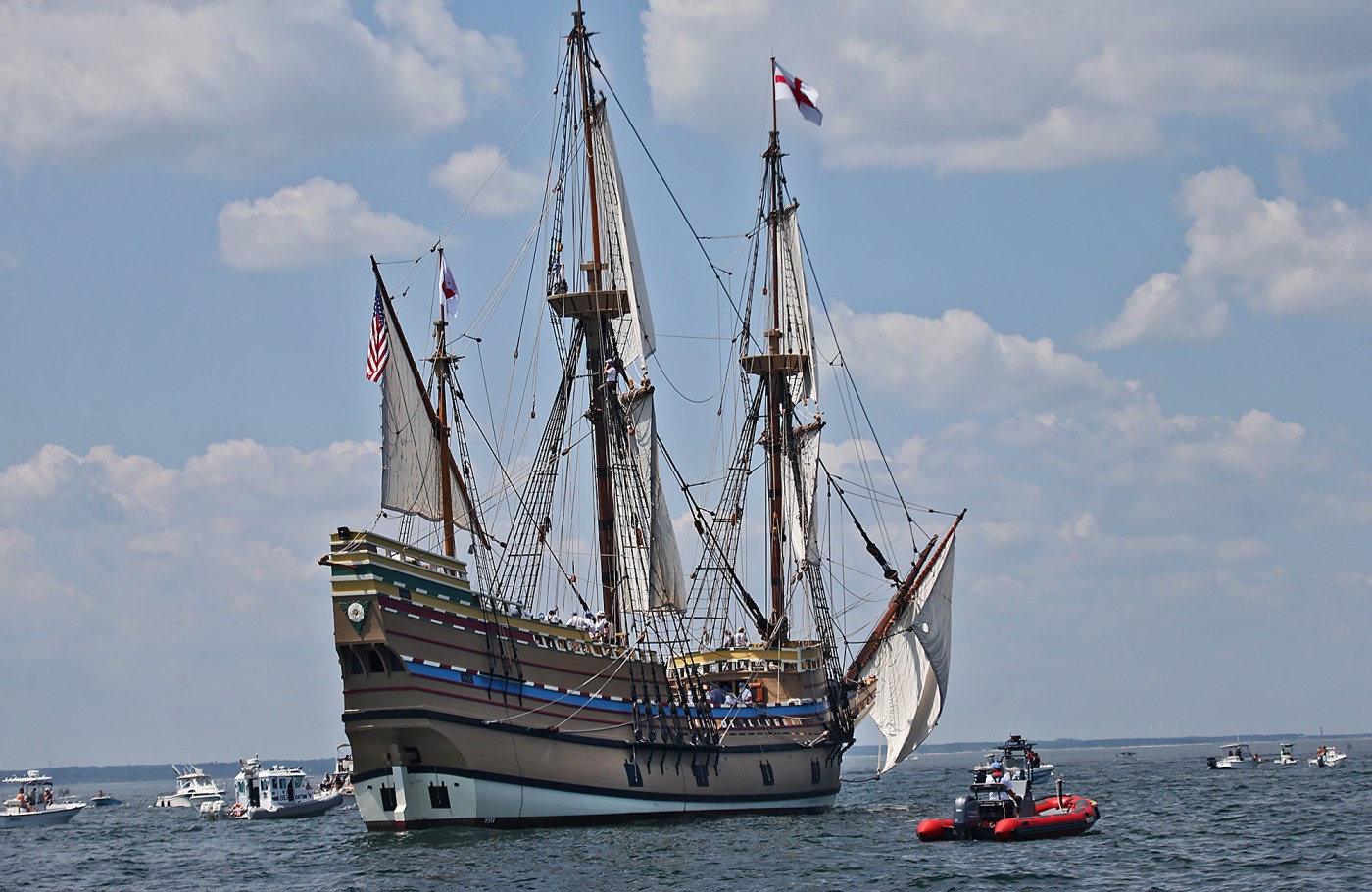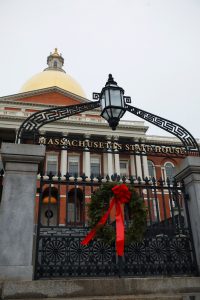
Lowry: In praise of the Pilgrims & their legacy
The Pilgrims were unquestionably “settler colonialists.”
As such, they are increasingly out of favor as Thanksgiving begins to suffer some of the erosion that has drastically diminished Columbus Day. Thanksgiving is too big a holiday to get dethroned, at least anytime soon, but it’s worth sticking up for the Pilgrims now accused of myriad sins.
They have, no doubt, been simplified, airbrushed and romanticized over the years, yet that’s no reason to make them cardboard cut-out villains in a morality tale about the evils of European civilization.
Theirs is a story of extraordinary endurance and faithfulness, in which can be seen glimmers of what would become a great experiment in republican government on these shores.
The Pilgrims were so-called separatists who rejected the Church of England. Harried out of England, they escaped to the Netherlands in pursuit of the right to worship as they pleased. Then, a group decided to make the leap across the Atlantic.
They didn’t come to North America with overwhelming force; indeed, they barely had enough to survive. They left in a crowded ship, the Mayflower, that was under-provisioned.
With 102 passengers in cramped, miserable conditions below decks, roughly 30 crew members, and two dogs, the Mayflower crossed the Atlantic in about two months.
Approaching shore, in need of some basic governing document, they adopted the famous Mayflower Compact. The passengers resolved to “covenant and combine ourselves together into a civil body politic, for our better ordering and preservation, and furtherance of the ends aforesaid; and by virtue hereof to enact, constitute, and frame such just and equal laws, ordinances, acts, constitutions and offices, from time to time, as shall be thought most meet and convenient for the general good of the Colony unto which we promise all due submission and obedience.”
In the ensuing brutal winter, half of the passengers died.
One reason that the project didn’t simply fail is that the Pilgrims formed a mutual-defense alliance with Massasoit, a Wampanoag leader, and learned much from the guide and interpreter, Squanto. As for Massasoit, he wasn’t deluded. He wanted trade and an ally against his enemy, the Narragansett.
There was reason, then, to celebrate what we remember as the “First Thanksgiving.” The Pilgrims had escaped starvation and wanted to buttress their partnership with Massasoit.
Of course, the encounter between Europeans and Natives is laced with tragedy. It is important not to place the weight of all that history on the Pilgrims, though. Disease had decimated Native American populations before they arrived.
If the Pilgrims were sharp-elbowed in defending their interests, they weren’t the only ones. North America was the ever-shifting site of commercial, territorial and power rivalries between and among Europeans and Natives alike.
Still, the story of the Pilgrims stands out, a people making their own way into a new land against the odds and, after barely hanging on, experiencing a nearly limitless bounty that Americans enjoy to this day.
Rich Lowry is editor in chief of the National Review


